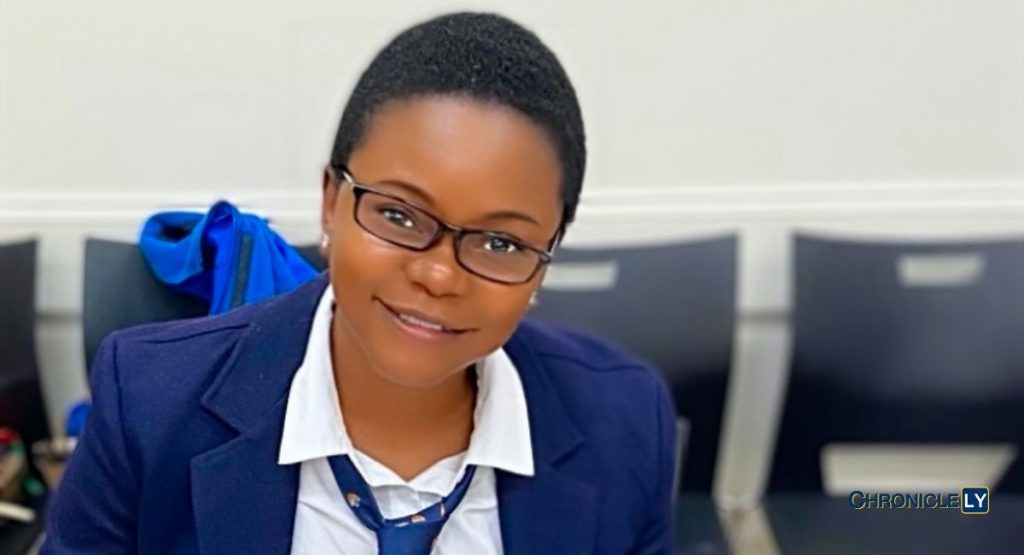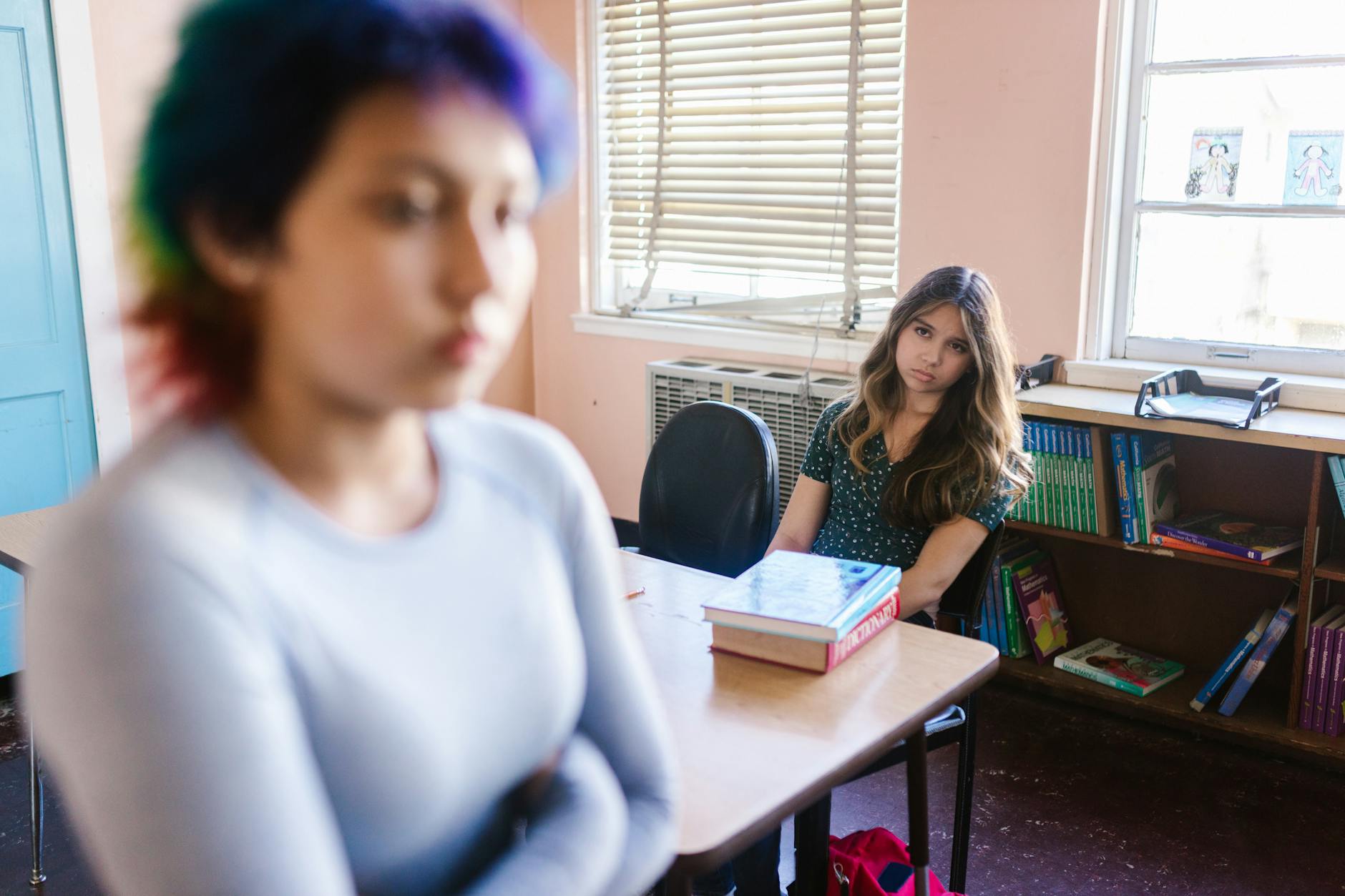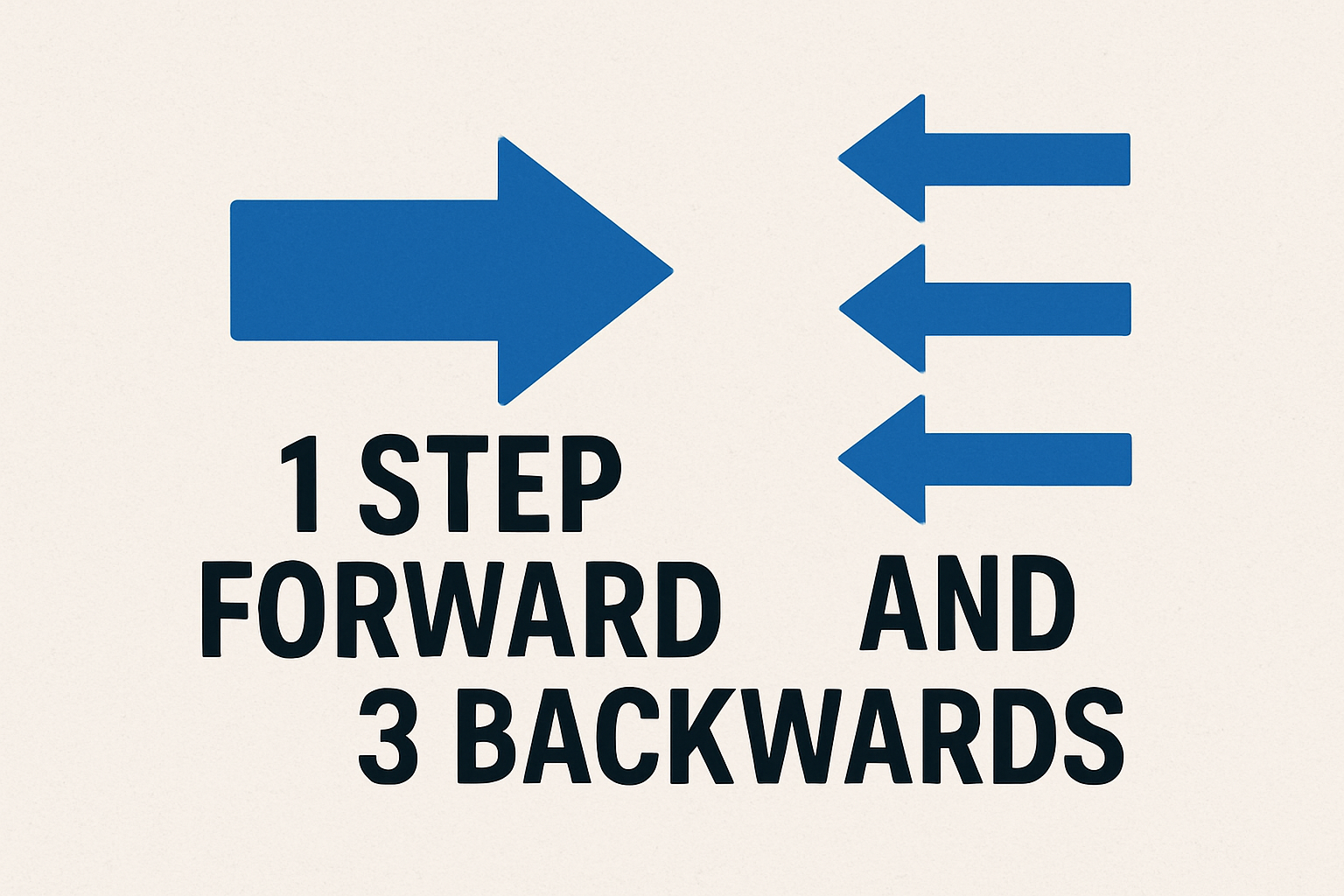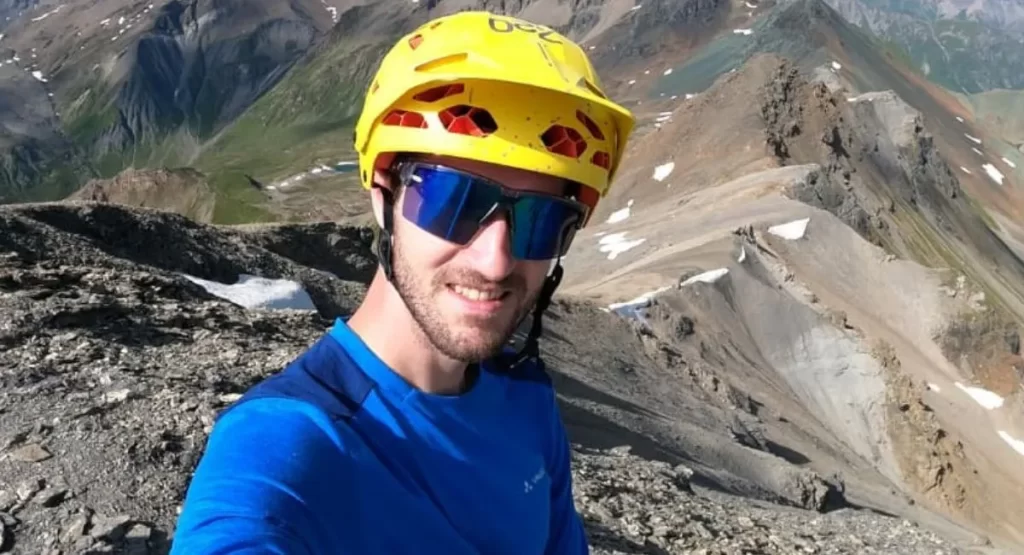There was a time when I often abandoned my Malawian accent to sound more American. Back then, I bought into the narrative that if I sounded less Malawian, then I would come off as more “woke”—more educated, more interesting, and dare I say it, I would be less of a “problem” in America. This self-deprecating attitude among Malawians was humorous to me, but it made me lose my connection to Malawi. It made me lose my voice.

Flash forward—I moved to America in 2004 and I noticed that my Malawian accent was shifting between an American and a British accent. This often confused people and, for a while, I enjoyed that I kept people guessing my identity. I loved being an enigma. However, when it was time to make meaning as a student in different classrooms in America, my perspective changed because who was I—really? Aside from someone who was constantly running away from herself. If I couldn't even be comfortable with my own accent, then where did I truly belong?
Many classes in America encouraged authenticity—you had to figure out who you were or you wouldn’t know what you stood for. For example, during my undergraduate years at The University of Massachusetts, Boston, I took a class in women's studies. I barely knew what it meant to be a black African woman living in America. What battles were women fighting to feel like they belonged in this complicated world? Of course, women are not all the same, but I found myself learning about similar problems I ran from in Malawi.
I was not a passive and submissive young lady, and I loved to speak my mind. This was also an issue in America. Even worse, for a black woman, speaking your mind was always dismissed as a stereotype that black women just want to cause trouble. The layers of a woman's identity were very complex for me, but this was the only way I would find out what mattered to me. I would dig and dig and dig in order to find my voice.
Indeed, I struggled in classes like this because I was forced to face what I ran from in Malawi. As I write this, I realize it was also a form of self-hatred. Yes, my twisted attitude towards my own African roots was a result of the narratives we are fed about Africans being lesser. I didn’t want any part of this inferiority. However, my reinvention of self could not be complete without my roots. So in these classroom struggles, I realized that being Malawian was what made me unique. I realized I was too busy silencing a voice that could say something that mattered. And it took so many years to understand that I was also a voice for the voiceless.
I was 18 years old when I started doing the work—digging up the self I had once buried away. Both my published books, What Kind of Girl? and Some Kind of Girl, are an excavation of what I tried to conceal. So if you want to learn more about my story, I recommend giving my books a chance. When I wrote these books, I chose not to hide anymore. Instead, I poured my heart out like my life depended on it, and I hope to change lives with the conversations that they inspire. People often ask me how I became so self-aware, how I got so deep in my thinking.
Answer: from digging.



















